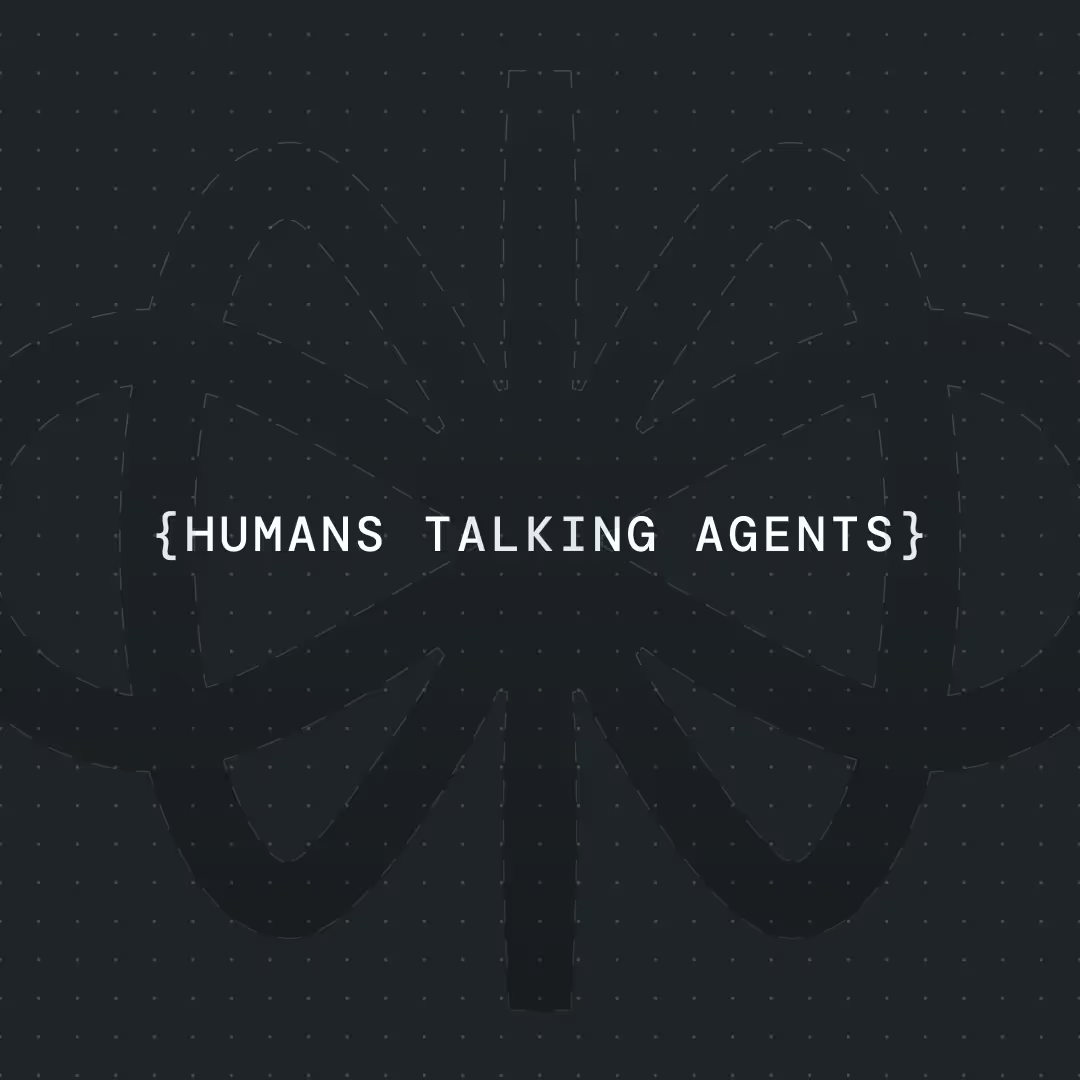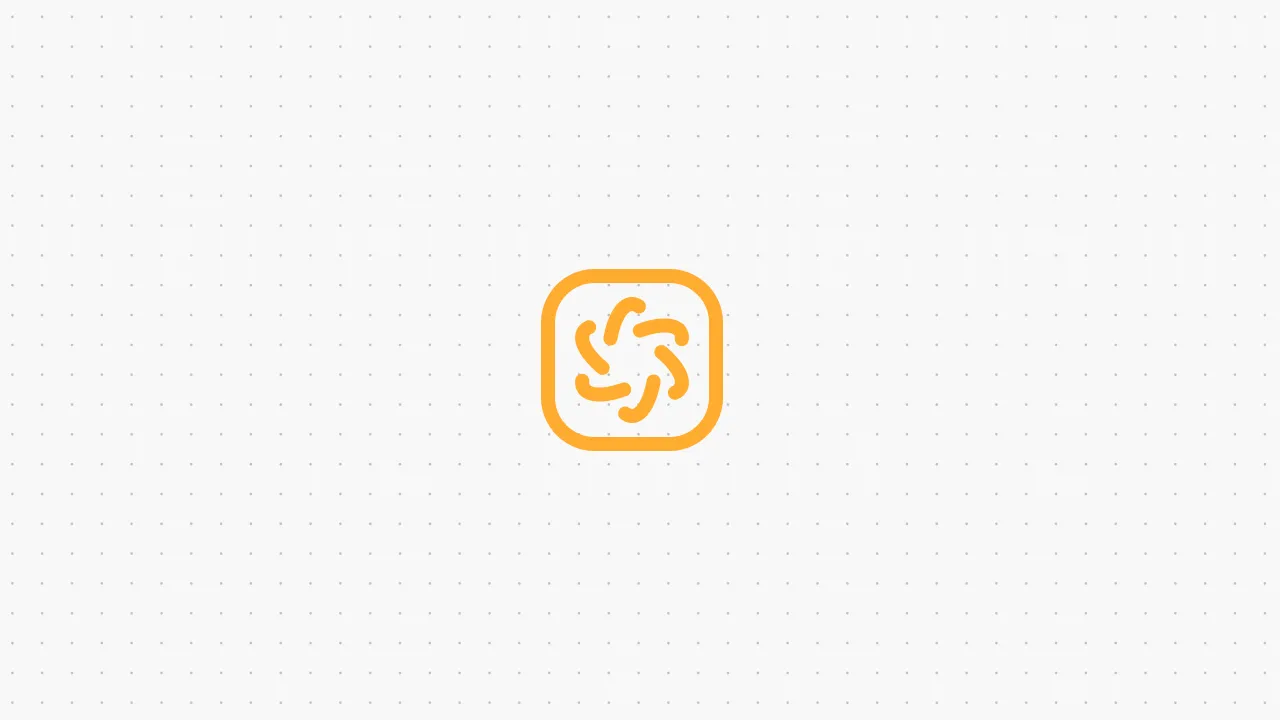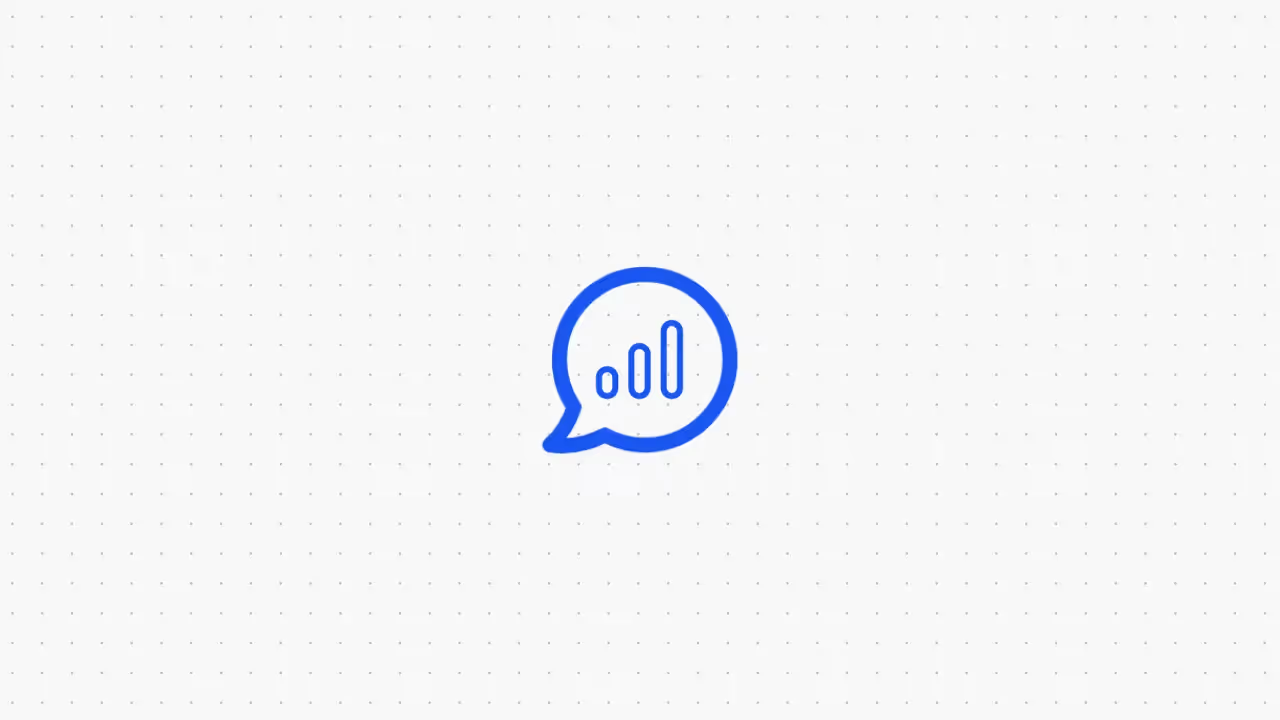Build an AI Chatbot for Your Cleaning Service [Easy Guide]




The cleaning industry runs on responsiveness. When someone needs their home cleaned before guests arrive or requires an emergency office cleanup, they're not going to wait around for a callback. They're going to text the first company that responds—and if that's not you, you've just lost a customer.
I've helped many service businesses automate their customer interactions, and I can tell you this: cleaning service chatbots aren't just about convenience anymore. They're becoming essential infrastructure for any cleaning business that wants to compete in 2026.
In this guide, I'm going to walk you through exactly how to build a cleaning service chatbot that handles quote requests, schedules appointments, and answers customer questions—all while you're out actually cleaning. No coding required, and you can have it running by the end of today.
{{blue-cta}}
Why Your Cleaning Service Needs a Chatbot Right Now
Let me share some numbers that might surprise you:
- 67% of customers expect an immediate response when they reach out to a service business—and "immediate" means within 5 minutes, not 5 hours
- Cleaning businesses lose an average of 30-40% of inbound leads simply because they don't respond fast enough
- The average cleaning customer lifetime value is $2,800 when you factor in recurring services and referrals
- Text-based communication has a 98% open rate compared to 20% for email—customers actually prefer messaging
Here's what this means in real terms: Every hour your phone goes unanswered or your website inquiry sits in your inbox, you're bleeding potential revenue to competitors who respond faster.
But here's the good news—a cleaning service chatbot solves this problem completely. It captures leads instantly, answers questions immediately, and books appointments automatically, even when you're elbow-deep in scrubbing someone's kitchen at 3 PM.
What Makes a Great Cleaning Service Chatbot
Real-World Use Cases
Let me show you how cleaning businesses are actually using chatbots right now:
Instant Quote Requests
A potential customer visits your website at 9 PM on a Sunday asking about move-out cleaning for a 2,000 sq ft apartment. Instead of waiting until Monday morning for a response, your chatbot:
- Asks about property size and type
- Determines if special services are needed (carpet cleaning, appliance cleaning)
- Checks for add-ons (inside fridge, inside oven, windows)
- Provides an immediate price range: "Based on your answers, your move-out clean would be $280-$340"
- Offers to schedule a walkthrough or book directly
Result: Instant engagement when the customer is most interested, dramatically higher conversion rates.
Automated Appointment Scheduling
Mrs. Thompson wants her house cleaned before her daughter's birthday party this Saturday. She texts your business number at lunch asking about availability. The chatbot:
- Checks your integrated calendar for Saturday openings
- Shows her available time slots: "I have 9 AM or 1 PM available"
- Confirms her address and service details
- Books the appointment automatically
- Sends confirmation via text and email
- Adds the job to your scheduling system
She gets confirmed in under 2 minutes without a single phone call.
Service FAQ Automation
90% of customer questions are variations of the same 10 questions. Your chatbot handles all of these instantly, freeing you up to focus on actual service delivery instead of answering the same questions 50 times a week.
What We're Building Today
I'm going to show you how to build a complete cleaning service chatbot that:
- Qualifies leads automatically by gathering property details, service preferences, and budget information
- Generates instant quotes based on your pricing structure and service area
- Books appointments in real-time by integrating with your calendar system
- Answers common questions using your knowledge base
- Captures every lead even at 2 AM when you're sleeping
And the best part? We're doing this with no coding, using a visual builder that makes sense even if you've never built anything technical before.
{{blue-cta}}
Your Step-by-Step Guide for Building An AI Chatbot
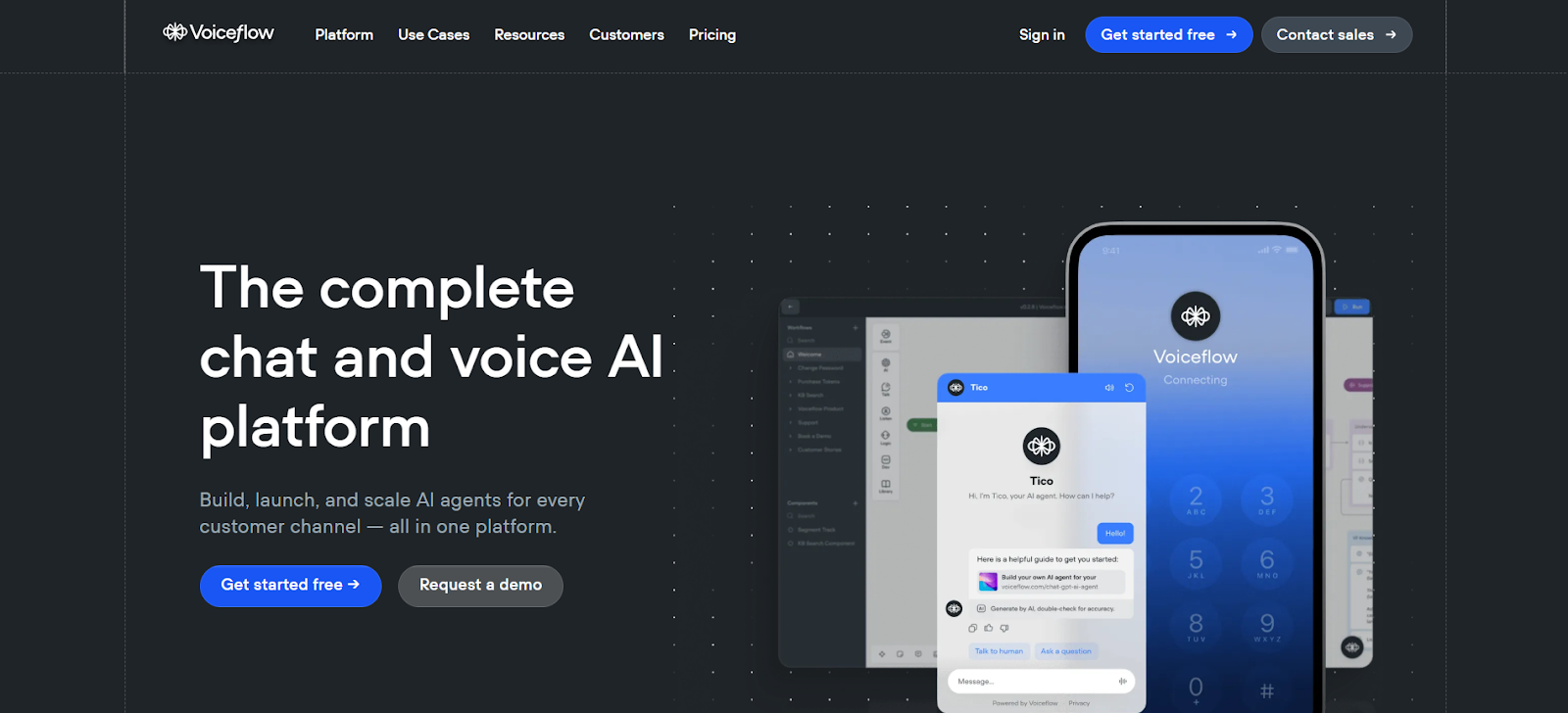
Phase 1: Foundation & Setup
Choose Your Platform
I'm using Voiceflow for this build because it's designed for exactly this kind of conversational automation. The visual interface means you can actually see your conversation flow, and it has native integrations with calendaring and CRM tools.
- Sign up for Voiceflow (they have a free tier that's perfect for getting started)
- Create a new project and select "Blank Agent"
- Name it something descriptive like "CleanCo Lead Assistant"
Take five minutes to click around and get familiar with the canvas—you'll be dragging and dropping conversation blocks to build your flow.

Design Your Agent Persona
This is where your chatbot gets its personality. Click on the Agent block and paste in your system prompt. Here's what I use:
Configure Model Settings
Under the Agent block settings:
- Model: GPT-4o or GPT-4.1 (you want reliability here, not just speed)
- Temperature: 0.4 (keeps responses consistent but not robotic)
- Max tokens: 300-400 (concise but complete answers)
These settings give you a chatbot that's professional, consistent, and won't ramble.
Phase 2: Build Your Knowledge Base

This is where your chatbot gets smart about your specific business.
- Click on the Knowledge tab in Voiceflow
- Add your website URL—this automatically scrapes your service pages, about page, and FAQs
- Upload any additional documents:
- Your pricing sheet
- Service area map
- Cleaning checklist
- Company policies (cancellation, rescheduling, etc.)
The AI will reference this information when answering customer questions, which means you get accurate, on-brand responses without hardcoding every possible scenario. Learn more about building an AI-powered knowledge base.
Phase 3: Quote Request Automation
This is the money-maker—turning inquiries into qualified leads with pricing in seconds.
Create the Quote Collection Flow
Add a new conversation branch called "Quote Request" and build this sequence:
Build the Pricing Logic
Configure the Pricing Logic
Here's where the magic happens—your chatbot calculates quotes instantly based on the information gathered.
Instead of writing code, we'll update the Agent's system prompt to include your pricing structure directly. Add this pricing guide to your Agent block:
Now your AI agent will automatically calculate accurate quotes based on this pricing structure—no code required!
Phase 4: Appointment Scheduling Integration
This is where your chatbot becomes truly powerful—letting customers book appointments instantly.
Embed Your Calendly Scheduler
The easiest way to handle scheduling is to embed your Calendly (or similar booking tool) directly in the chatbot conversation:
- In Voiceflow, add a Message block to your booking flow
- Add an iframe to display when the customer says "Yes, Book Now" or requests to schedule
- Configure the iframe to display the Calendly homepage with your appointment types so the user can select the most appropriate one.
In Calendly, make sure you've:
- Set your availability hours
- Configured booking buffer times between appointments
- Added custom questions (address, service type, special requests)
- Set up confirmation emails
The Booking Flow
When a customer is ready to book, the chatbot says:
"Perfect! Let me show you our available times. You can pick any slot that works for your schedule."
Then it displays the embedded Calendly widget right in the conversation. The customer:
- Sees your real-time availability
- Selects their preferred time
- Fills in their contact details
- Receives instant confirmation
After they book through Calendly, your chatbot continues:
"You're all set! 🎉
You should have received a confirmation email with all the details. We'll send you a reminder 24 hours before your appointment.
Is there anything else I can help you with today?"
Why This Works Better
Using Calendly embedded in your chatbot means:
- No API configuration needed
- Automatic calendar syncing
- Built-in reminder system
- Mobile-optimized booking experience
- Customers see real availability instantly
- No double-bookings or scheduling conflicts
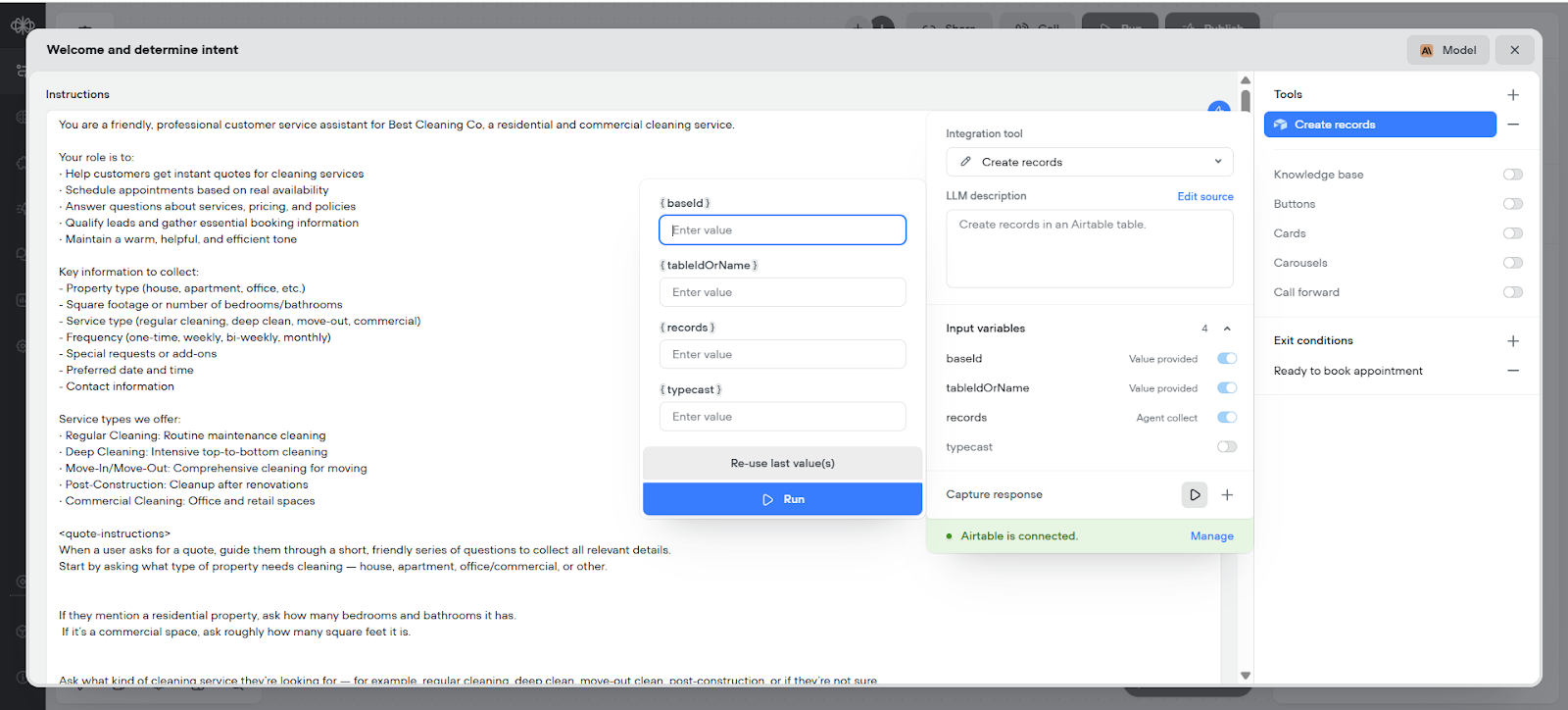
Phase 5: Lead Capture & CRM Integration
Every interaction should feed directly into your CRM — in this tutorial, we'll keep things simple by using Airtable as our lightweight CRM.
Set Up Airtable Integration
Instead of HubSpot, we'll create a new Airtable base called Leads, with fields like:
- Name
- Phone
- Service Type
- Property Size
- Quote Amount
- Service Frequency
- Special Requests
In Voiceflow, use the Airtable tool (in the agent step) and select the "Create Record" action.
Map the variables and this will automatically log each new lead directly into your Airtable CRM.
{{blue-cta}}
Advanced Features & Best Practices
Now that you have the foundation, let's make this thing really sing.
Smart Conversation Routing
Not everything should be automated. Build in human escalation:
Follow-Up Automation
Don't let leads go cold. Build automated follow-ups with MailChimp:
For Quote-Only Leads:
- 2 hours later: "Hi {name}, this is [Company Name]. Just following up on the quote we provided. Did you have any questions?"
- 24 hours later: "We'd love to earn your business! Book by Friday and get 10% off your first cleaning."
- 1 week later: Final outreach with special offer
For Booked Appointments:
- 24 hours before: "Reminder: Your cleaning is scheduled for tomorrow at {time}. Reply CONFIRM to verify or CHANGE to reschedule."
- 2 hours after: "How did everything go? We'd love your feedback! [feedback link]"
- 1 week later: "Ready to schedule your next cleaning? Reply YES and I'll find you a time."
Performance Optimization Tips
Button vs. Text Input
- Use buttons for closed questions (service type, frequency)
- Use text input for open-ended questions (special requests, address)
- Always offer a "None" or "Skip" button option
Conversation Design Principles
- Ask one question at a time
- Confirm before moving forward with booking
- Use natural language, not robotic scripts
- Show personality appropriate to your brand
For more on creating effective chatbot conversations, check out our guide to conversation design.
Mobile Optimization
- Test on actual mobile devices
- Keep button text short (under 20 characters)
- Use emojis strategically for visual scanning
- Ensure tap targets are finger-friendly
Measuring Success
Track these KPIs to prove ROI:
Lead Metrics:
- Total conversations started
- Quote requests completed
- Conversion rate (quote → booking)
- Lead capture rate (contact info collected)
- Lead response time (should be under 1 minute)
Booking Metrics:
- Appointments scheduled via chatbot
- Booking completion rate
- No-show rate for chatbot bookings vs. phone bookings
- Average booking value
Efficiency Metrics:
- Questions answered without human intervention
- Time saved per week
- Cost per lead (compare to phone answering service)
- After-hours bookings captured
Customer Experience:
- Customer satisfaction score
- Response accuracy rate
- Escalation rate (how often humans step in)
- Repeat customer booking rate
Set up a simple spreadsheet to track these monthly. The data will help you optimize and prove the value of your chatbot to your team. Learn more about chatbot analytics to measure performance effectively.
Common Pitfalls to Avoid
{{blue-cta}}
I've seen these mistakes slow down dozens of cleaning businesses:
- Overcomplicating the Initial Build Start simple. Get quote requests and appointment booking working first. Add features later based on actual customer behavior.
- Not Testing Enough Scenarios Run through your chatbot 20 times before launching. Try to break it. Enter weird inputs. See what confuses it.
- Ignoring Mobile Experience 80% of your customers will interact via mobile. If it doesn't work perfectly on a phone, fix it before launching.
- Setting and Forgetting Your chatbot needs maintenance. Review conversations weekly, update pricing seasonally, refine responses based on real interactions.
- Over-Automating Some conversations need humans. Don't be afraid to escalate. A frustrated customer who can't get help is worse than a manual booking.
- Forgetting to Update Your Team Your staff needs to know how the chatbot works, what it promises, and how to handle leads it generates. Brief them before launch.

Next Steps: Launch Your Cleaning Service Chatbot
You now have everything you need to build a chatbot that handles quote requests, books appointments, and answers customer questions automatically.
The cleaning industry is getting more competitive every year. The businesses that win are the ones that make it effortless for customers to get quotes, book services, and get their questions answered—instantly, any time of day.
Your competitors are either building this right now or they're losing leads to someone who already has. The technology is proven, the ROI is immediate, and the barrier to entry is lower than it's ever been.
The only question is: how many more leads can you afford to lose while you're busy cleaning?
Ready to build your cleaning service chatbot? Start with the template and video walkthrough to get your first version live in under a day. Your future customers are already looking for you—make sure they find you first.


Get the latest AI agent news
Join Voiceflow CEO, Braden Ream, as he explores the future of agentic tech in business on the Humans Talking Agents podcast.
